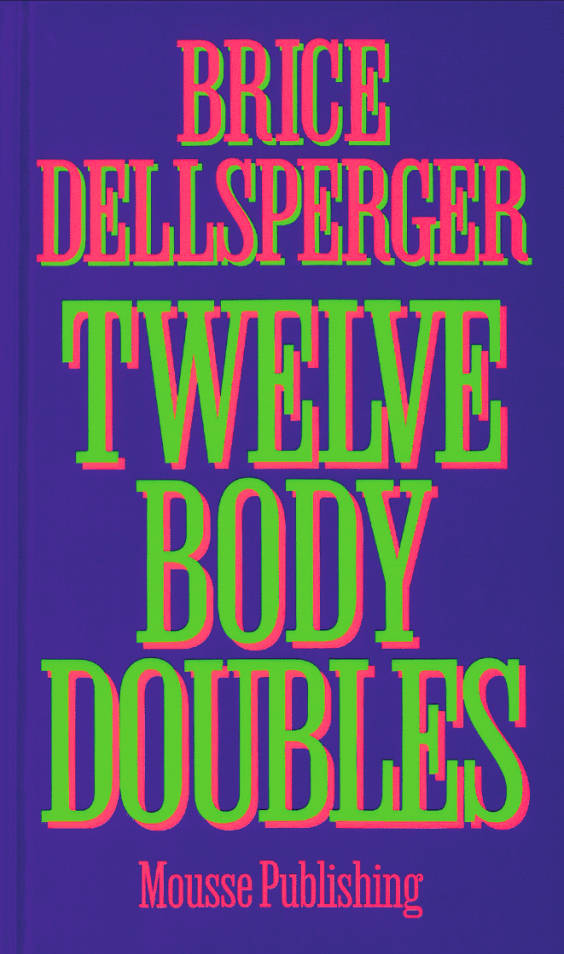
next move in mirror world
Published in conjunction with the first major U.S. museum show of Joan Jonas’s art in nearly fifteen years, this monograph features new scholarship on her multimedia installations and performance practice from the early 1970s to the present. Inspired by the format of a reader, it breaks new ground by contextualizing and expanding understandings of Jonas’s body of work through three thematic approaches: the critical notions of gender, being and otherness; the politics of landscape and ecology; and new conceptions of medium specificity and un-specificity. Richly illustrated, with never-before-published sketches and drawings, the volume includes an interview with the late Douglas Crimp and Jonas’s personal reflection on their enduring friendship.
Edited by Barbara Clausen and Kristin Poor with Kelly Kivland, with an introduction by Clausen; essays by Clausen, Adrienne Edwards, André Lepecki, Poor, and Jeannine Tang; interview with Douglas Crimp; writings by Joan Jonas; conversation between Heather Davis, Joan Jonas, and Zoe Todd; and coda by Kivland




